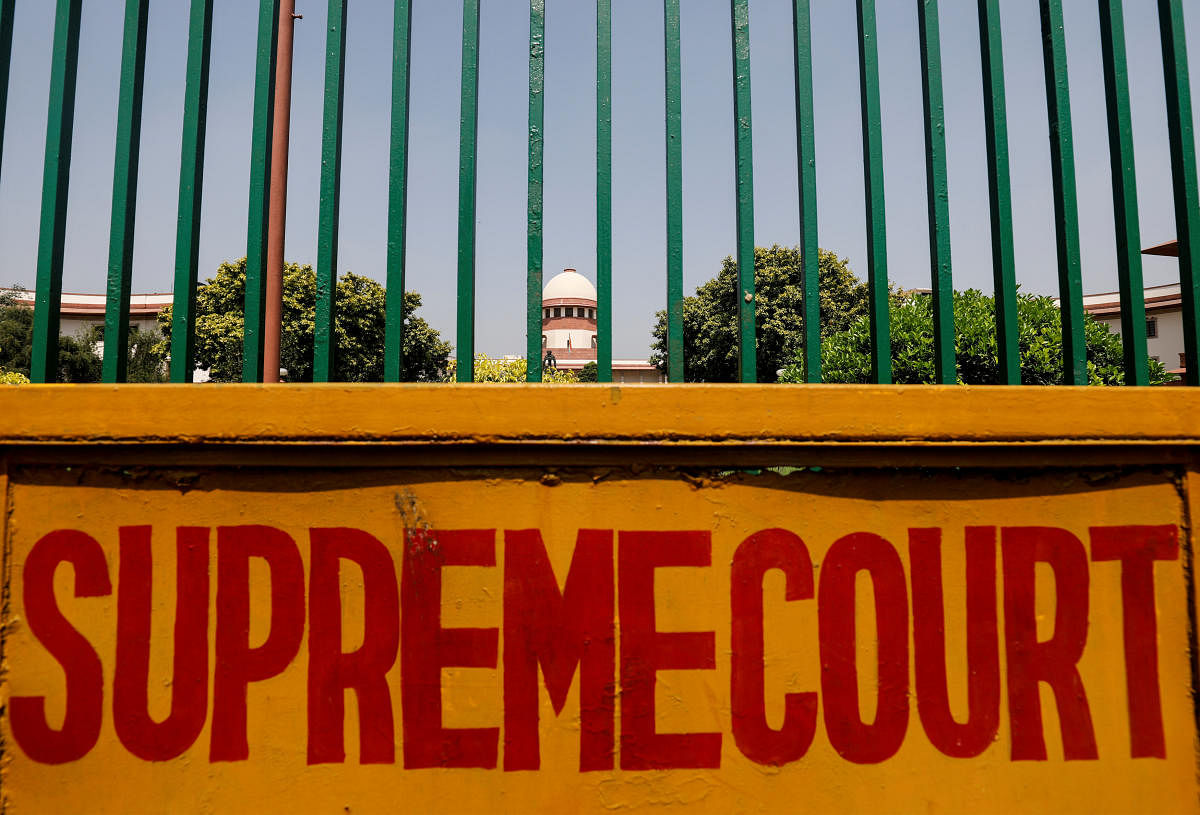
The Supreme Court would on Tuesday consider a plea to reconsider the May 10, 2019 judgement, which has upheld the validity of the Karnataka's 2018 law for granting reservation in promotion to the Scheduled Caste and Scheduled Tribe employees.
A bench of Justice U U Lalit and D Y Chandrachud is scheduled to take up, in chamber, the review petitions by B K Pavitra and KPTCL General Category Association and others.
Over 100 general category petitioners led by B K Pavitra contended the judgement by the two-judge bench of Justices Lalit and Chandrachud has “totally upset and diluted” the settled criteria to determine the nature, extent and purpose of reservation in the entire state of Karnataka. It was also contrary to the law laid down by the Constitution benches in the Nagaraj (2006) and Jarnail Singh (2018) cases.
The verdict has sought to “re-write the law of reservation defying the reasonable balance which the Supreme Court followed for the last 70 years”, their plea has stated.
The petition drawn by advocate Kumar Parimal and settled by senior advocate Rajeev Dhavan stated that the court has overlooked the individual right of equality as envisaged under Article 14 and 16(1) of the Constitution by deducing the conclusion by combining together the data of representation in different groups and services.
"Hence the judgment dated 10.05.2019 delivered in B K Pavitra-II is per incurium and needs reconsideration,” they pleaded.
In the petition, running over 100 page, the petitioners have said the letter and spirit of the Pavitra II and its interpretation of Articles 16, 16(4A and B), 335 of the Constitution and the concepts of “efficiency of administration”, “merit” and “transformative constitutionalism” has in fact created a mandatory duty to introduce quota reservation with “a dilution of conditionalities, abjuring balancing and abdicating the scope of judicial review”.
They further contended in the Pavitra II, the references were made to premature debates of the Constitutional Assembly, irrelevant speeches of individuals in different contexts, which were "meaningless and without application of mind".
“The relevance of transformative constitutionalism in the present context is entirely unclear unless it was towards a new interpretation to unsettle binding decisions. Pavitra II has done a disservice to the principles of constitutional transformation in quota reservations by invoking them as rhetoric,” they said.
Among others, the petitioners stated Pavitra II totally ignored the submissions on efficiency, saying “Merit as a principle of selection between all candidates including SC and ST inter se is quite different from meritocracy. As a principle of selection, it simply underlines best person for the job.”
The petitioners also maintained the principle of retrospectivity applied in the judgement was flawed, while there was a clear misunderstanding of consequential seniority. They also claimed the criteria laid down in the Nagaraj case including implication of creamy layer was not examined in considering the validity of the law.
On May 10, the top court had dismissed a batch of petitiona filed by Pavitra and others against the validity of 'the Karnataka Extension of Consequential Seniority to Government Servants Promoted on the Basis of Reservation (To the Posts in the Civil Services of the State) Act, 2018', passed to “circumvent” the 2017 verdict, then delivered on petitions by Pavitra and others.
